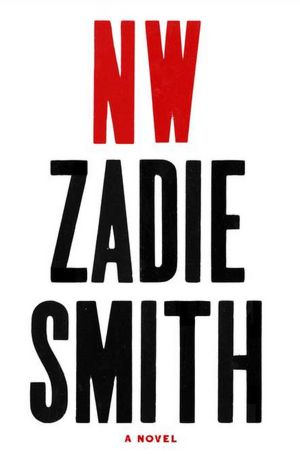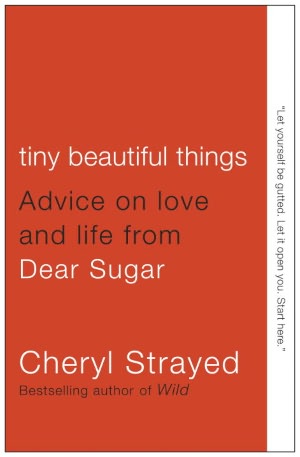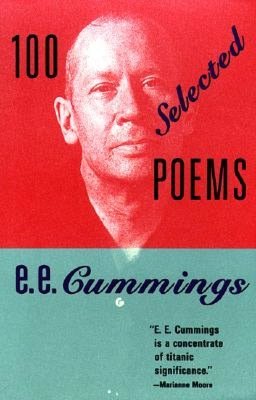If you haven’t read Anne Lamott’s Bird by Bird: Some Instructions on Writing and Life, you might want to stop reading this post right now and bury yourself in the book instead. It’s a book I’ve been avoiding for a while, having heard so many good things about it. Annie Dillard’s The Writing Life is my all-time favorite book about writing, and it’s held my loyalty somehow. I didn’t want any other book to take its place. Fortunately, Bird by Bird is not better, just different, and wonderful too. The book is filled with anecdotes and proverbs I’d love to scrawl on the wall above my desk. Here’s one that took me by surprise. Lamott quotes E. L. Doctorow, who says that “writing a novel is like driving a car at night. You can see only as far as your headlights, but you can make the whole trip that way.”
It’s a wise instruction not only for writing but for life, just as the subtitle of the book promises. But for me, it was a hard pill to swallow. First of all, I hate driving at night for exactly that reason. I am forever worrying about what’s just beyond the headlights. I am satisfied with nothing less than a full panoramic view of the horizon.
And when I read a book, it takes all of my willpower not to peek at the last pages. If an important character is going to die or a plot twist lurks toward the end, I would very much like to know about it up front. You know, before I get all involved and everything.
It is the same with the story of my own life. If only I could see the whole arc of the narrative, I could prepare myself in advance for comedy and tragedy, heartbreak and delight, and all (my subconscious believes) would be well.
In fact, being the curious (i.e. nosy) person I am, I would also like to know what’s going to happen next in everyone else’s life (and I bet you would too). It’s why we refresh our social media feeds countless times a day. It’s why we ask newlyweds, “When are going to have kids?” and first-time parents, “When are you going to have another?” and college freshmen, “What are you going to do with that degree?”
I think this speaks to our collective anxiety about doing things “right” and in the proper order. It’s as though we believe that life unfolds along a balance beam, laid out for us in a clean, straight line. Best to train our eyes on a clear destination; one misstep could be disastrous. But, of course, our lives are not so linear and predictable. And thank goodness for that.
Erin Loechner wrote recently about life (and art) as a cyclical, rather than linear process. She put it this way: “we’re continually refining and transforming and backsliding, hoping that we’ll end up a little closer to B than A. But oh, there are times when we’d rather be A. Where we aim to experience rebirth, rather than death—a starting point instead of a finish line. And I suppose that’s the beautiful thing about life—it’s a series of circles, not lines, isn’t it? A continuous spiral, cycling around and around until we reach a new point of view, a new dot to spiral from.”
If I have learned one thing about the practice of writing, it is that the magic happens in revision. It is in returning to words that have already been laid out—turning them over, taking them apart, and rearranging them—that I discover what I really meant all along. And if I have learned one thing from this book thus far, it is that revision is a thing to embrace in life too.
We cannot tell where we are destined to end up and who we are destined to be. Yet, we can count on returning, again and again, to some of the people and places and ways of being we have already encountered. Each day is not simply a new bead on a tenuous string of life. Rather, each day is a revision of the last, and today is a first draft for tomorrow.







